Quick search
CTRL+K
Quick search
CTRL+K
About: Heather E. McGowan | Future of Work
Future-of-work strategist Heather E. McGowan helps leaders prepare their people and organizations for the Fourth Industrial Revolution. The Third Industrial Revolution was marked by computerization and automation of physical labor, laying the foundation for the Fourth Industrial Revolution, which will be notable for the rapid advancement of technology tools into the domain of human knowledge […]
Future-of-work strategist Heather E. McGowan helps leaders prepare their people and organizations for the Fourth Industrial Revolution.
The Third Industrial Revolution was marked by computerization and automation of physical labor, laying the foundation for the Fourth Industrial Revolution, which will be notable for the rapid advancement of technology tools into the domain of human knowledge work.
In this world, humans must continuously learn and adapt, and with this transition comes information overload.
Heather E. McGowan gives lucidity to this topic through her illuminating graphic frameworks and powerful metaphors, all backed by deep research. In 2017, LinkedIn ranked her as its number one global voice for education.
Pulitzer Prize–winning NYT columnist Thomas Friedman frequently quotes Heather in his books and columns and describes her as “the oasis” when it comes to insights into the future of work. Heather’s sessions help employees and leaders alike prepare for and adapt to jobs that do not yet exist.
Heather E. McGowan clients range from start-ups to publicly traded Fortune 500 companies, including AMP Financial, Autodesk, Biogen, Citi, Accor Hotels, AARP, The World Bank, and BD Medical.
Often quoted in the media, notably in the New York Times, McGowan serves on the advisory board for Sparks & Honey, a New York–based culture-focused agency looking to the future for brands.
Her academic work has included roles at Rhode Island School of Design, Becker College, and Jefferson University, where she was the strategic architect of the first undergraduate college focused exclusively on innovation.
Heather E. McGowan advises and gives keynote addresses for organizations all over the world and, with her colleagues, provides bespoke consulting to help organizations adapt to the Fourth Industrial Revolution.
Her think tank is called Work to Learn because Heather E. McGowan believes that in the Third Industrial Revolution, we learned (once) in order to work and now, in the Fourth Industrial Revolution, we will work in order to learn (continuously).
Heather E. McGowan is the co-editor and author of the book Disrupt Together: How Teams Consistently Innovate and a Forbes contributor. She released her latest book on the future of work, The Adaptation Advantage, by Wiley in spring 2020.
In 2019 Heather was appointed to the faculty of the Centre for the New Workforce at Swinburne University.
Contact us at Futurist Speakers and follow our Podcast Channel
Keynote Topics
When Heather McGowan and Chris Shipley wrote The Adaptation Advantage (April 2020, Wiley) they did not realize how prescient their advice and predictions would become when the coronavirus global pandemic required an immediate and dramatic shift in work, learning, and leading.
Predictions they made for the next three to five years, occurred over the following three to five weeks.
Overnight companies remapped supply chains, pivoted product lines, and transformed to distributed work-from-home organization. Entire university and school systems adopted virtual delivery exclusively, something many said they would never do.
This new normal, or normal of now, requires a focus on culture, purpose, trust, psychological safety as we embark on the largest social experiment in human history.
We live in times of accelerated change driven by exponentially growing technologies and an increasingly hyperconnected and interdependent global market economy.
As a result, work tasks as we knew them in the past have become atomized, broken into job fragments that can be done anywhere around the world; automated, achievable or solvable by computerized technologies; and augmented, technologies that extend the human physically or cognitively.
Heather E. McGowan asks children and young people “What do you want to be when you grow up?”; we ask university students “What is your major or area of study?”; and we ask each other “What do you do for a living?”.
These questions refer to an application of knowledge and skills at a moment in time.
That moment in time is rapidly decreasing. According to research, as change rates accelerate–driven by technology and globalization–it is possible for us to work numerous jobs from many different industries in our lifetime.
Despite this, we continue to limit our definition to one occupational self.
Leadership, Diversity, and the Identity Crisis
The only thing developing faster than technology is culture. The questions “Who are you?”, “What do you do for a living?” and “Where are you from?” are becoming unmoored and less dependable tethers to our core identity.
Demographics and social norms are rapidly shifting worldwide, and our once reliable occupational identities, once spanning multiple generations, must now endure a much longer career arc due to increased human longevity.
In the developed world, we spend more than 50% of our time and attention online creating connections and community in areas different from our physical location.
The profiles and images embedded on these pages are from various speakers and talent.
These remain the property of its owner and not affiliated with or endorsed by Futurist Speak.
Fee ranges listed on this website are intended to serve as a guideline only .
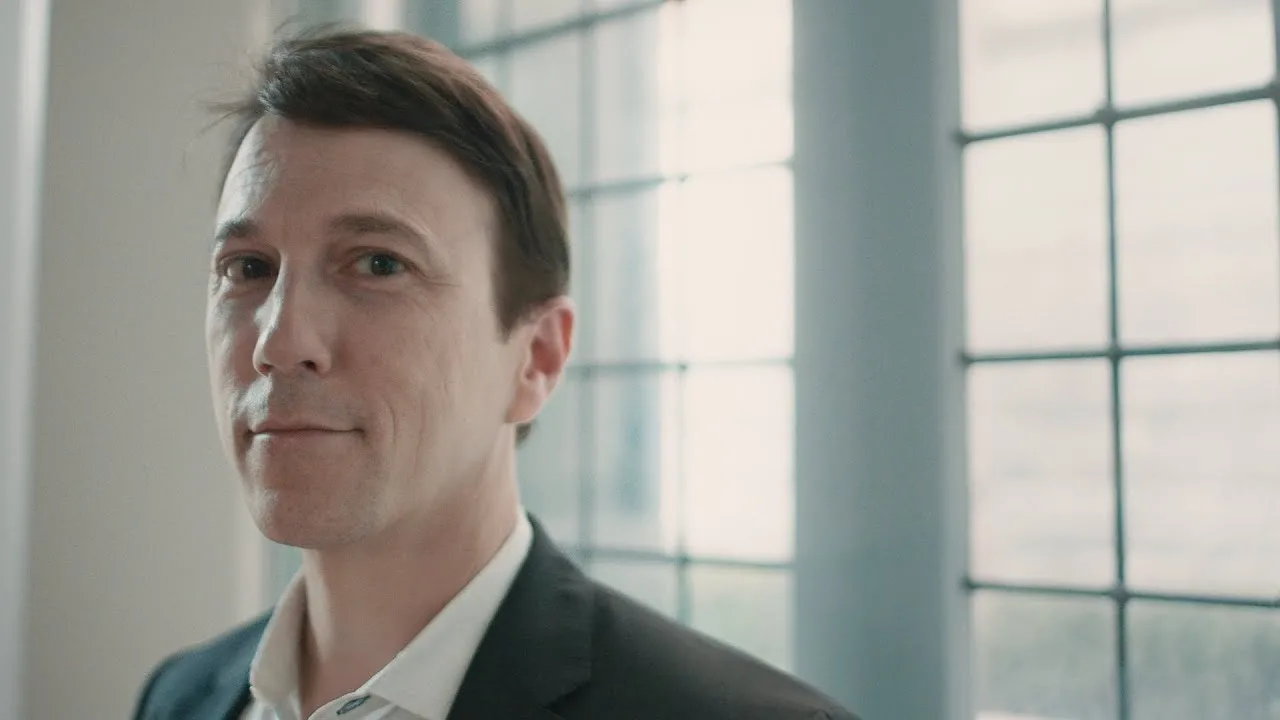
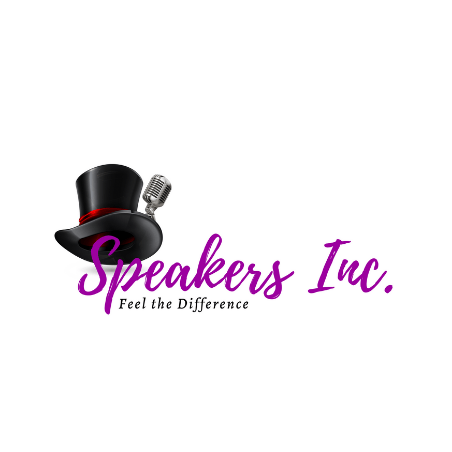
Healthcare Futurist
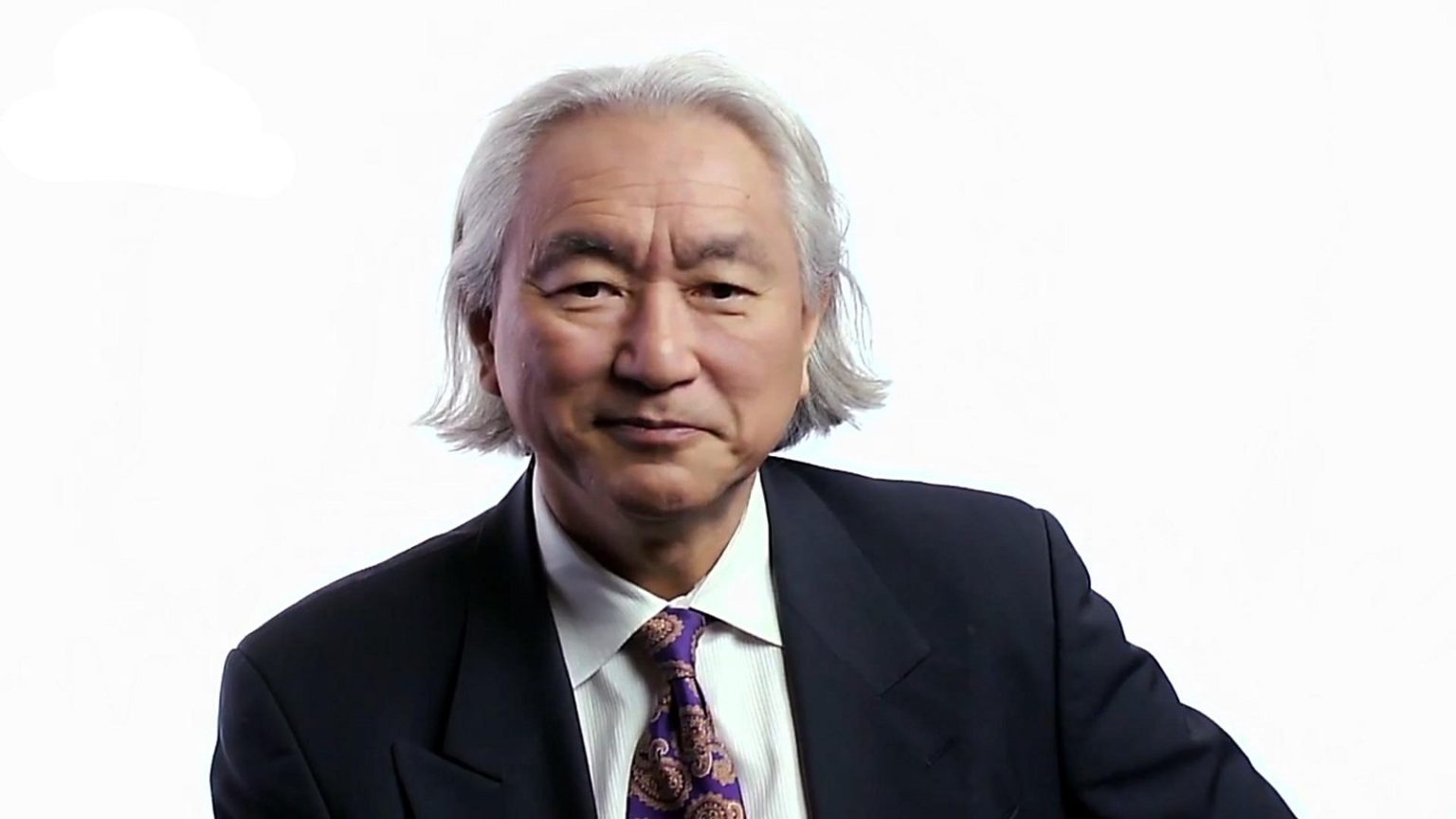

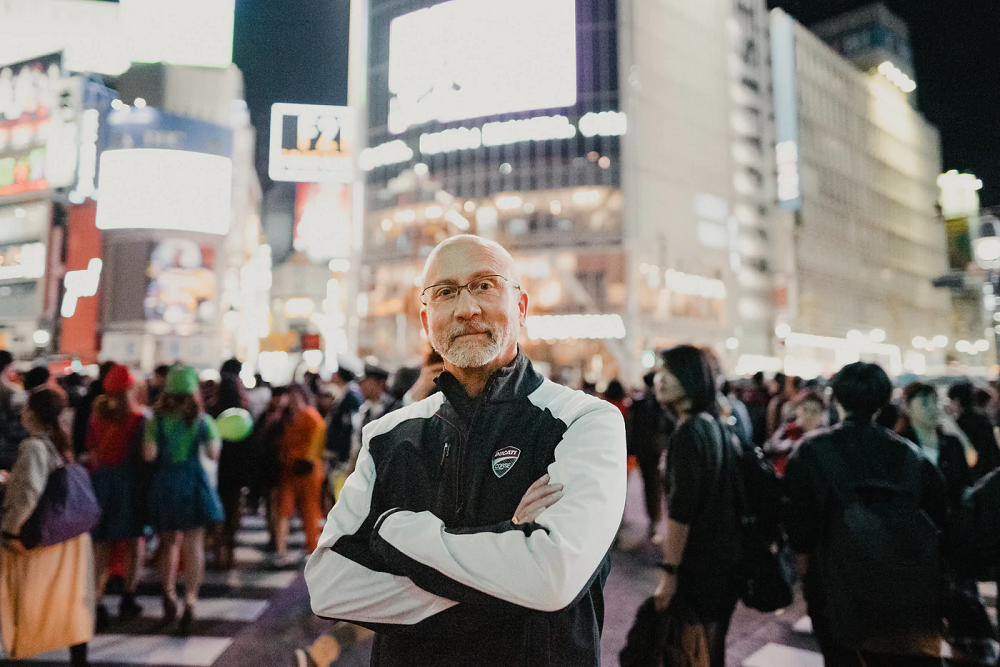

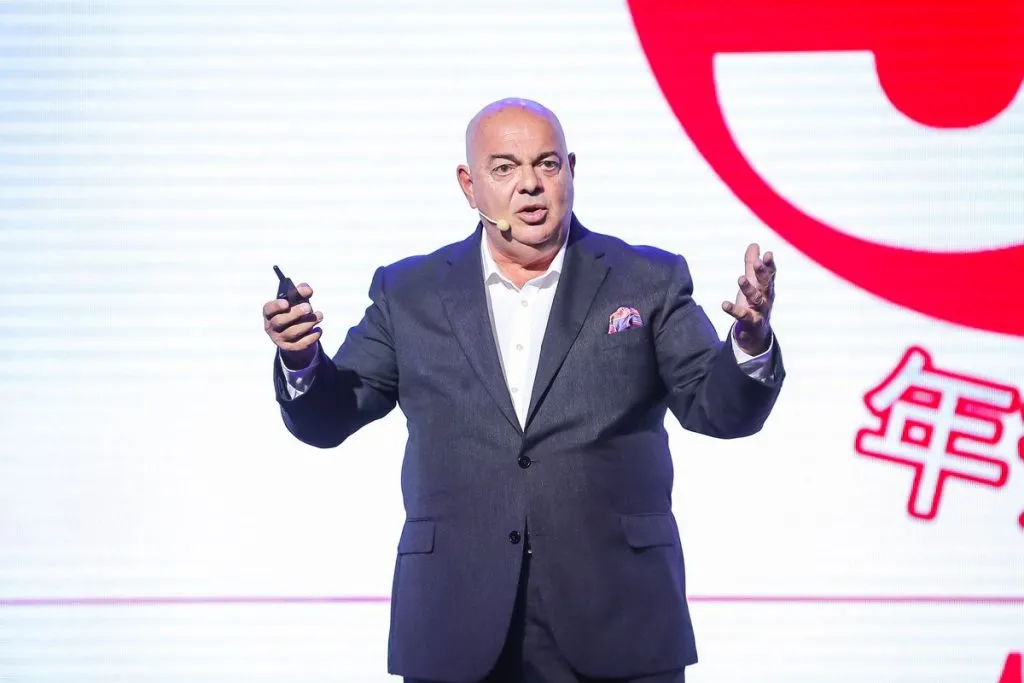
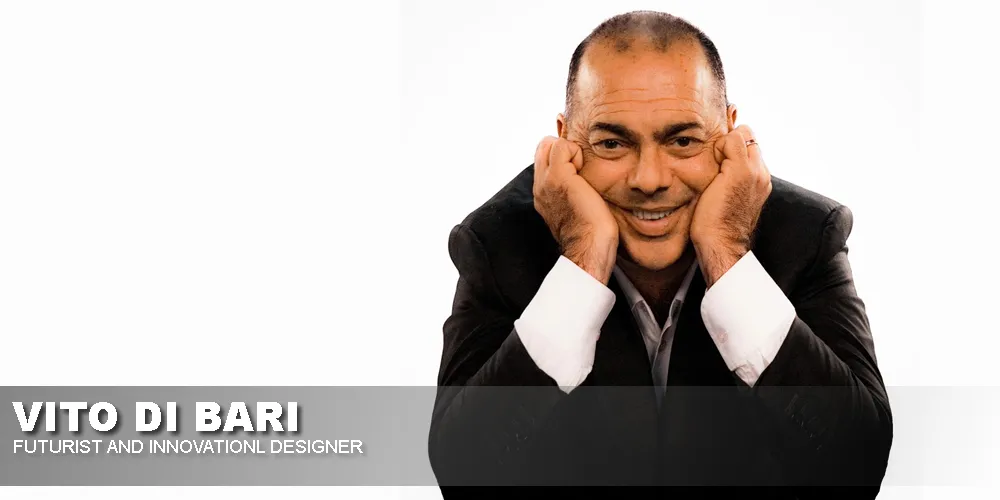
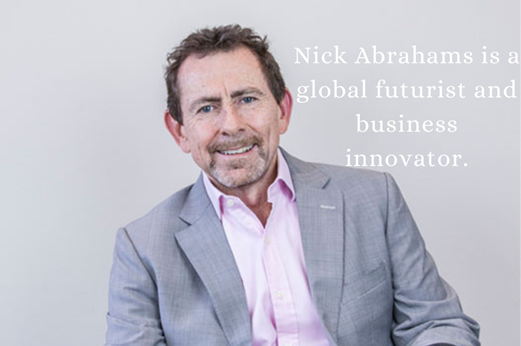

Digital Furutist
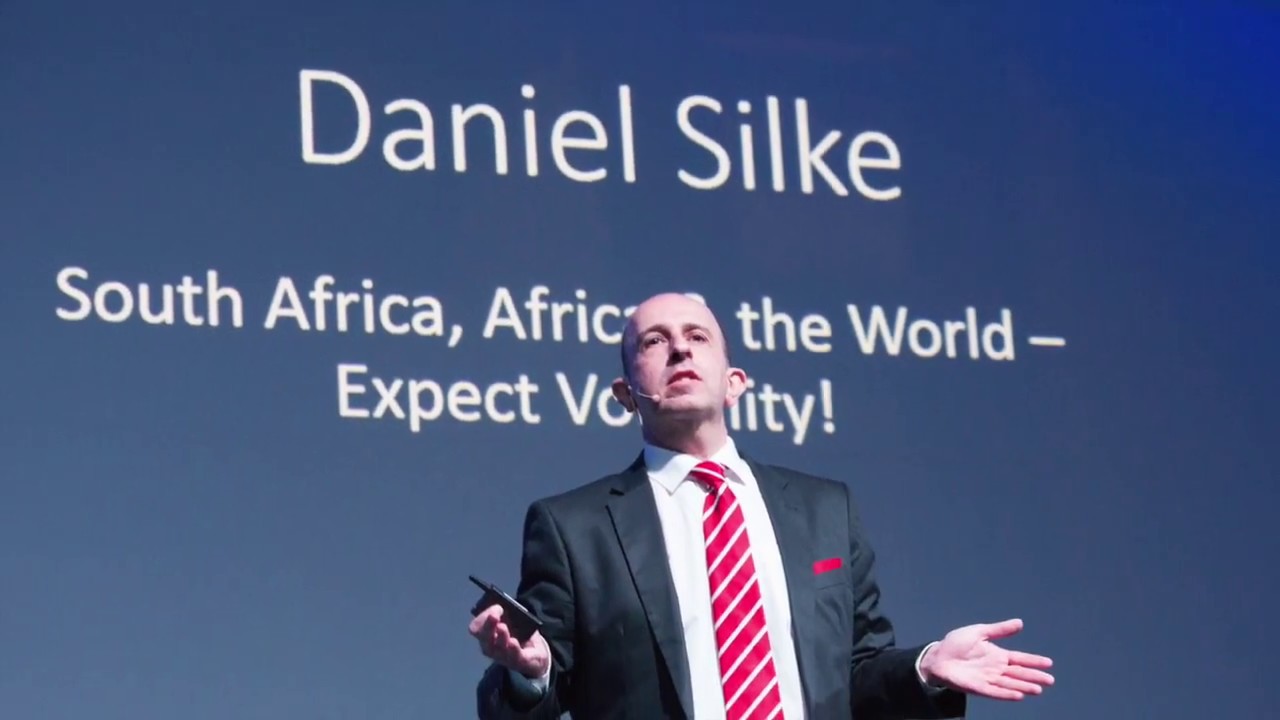
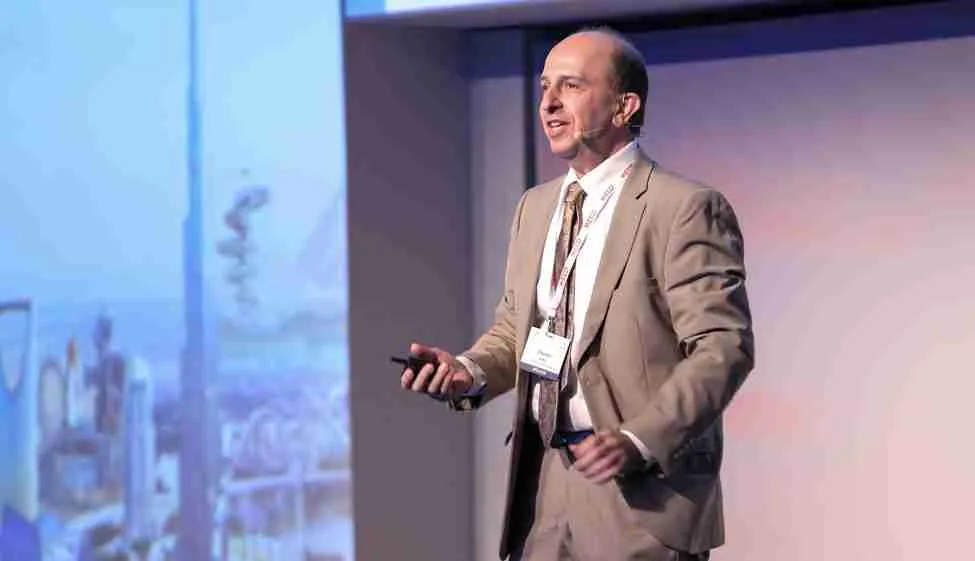
Economic Futurist
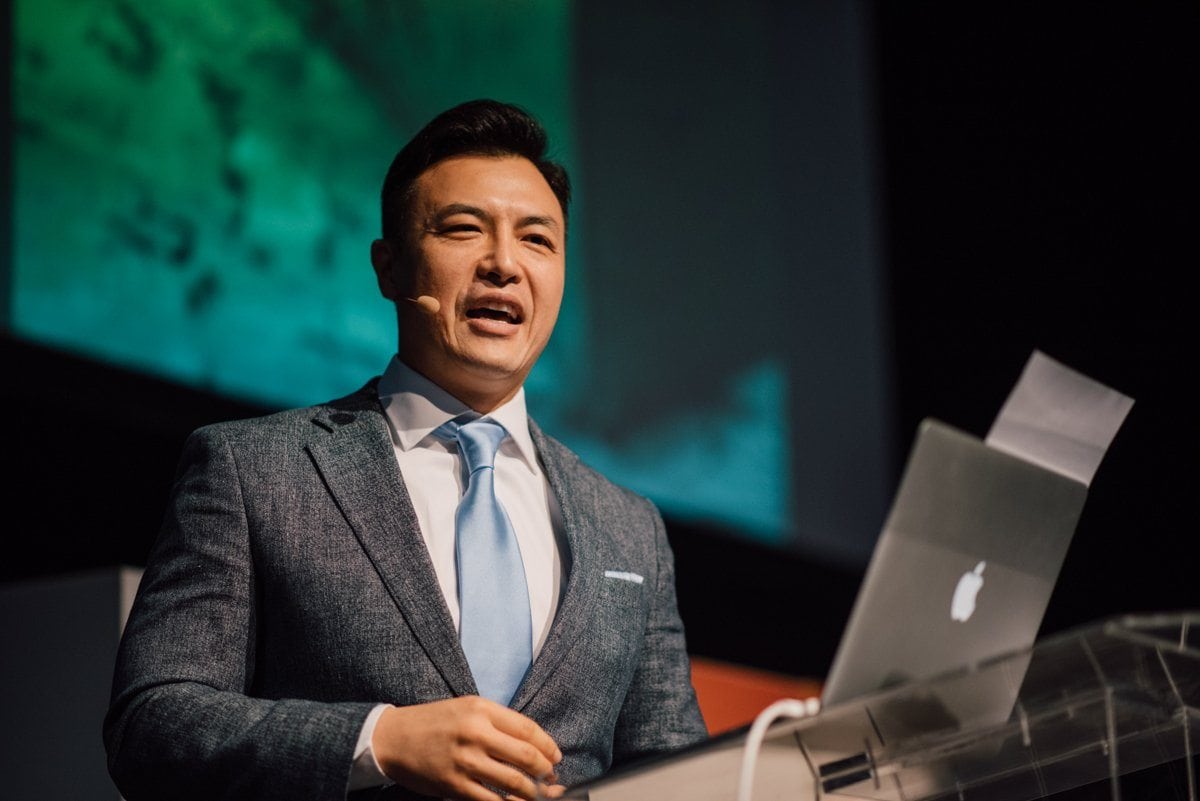

Digital Futurist
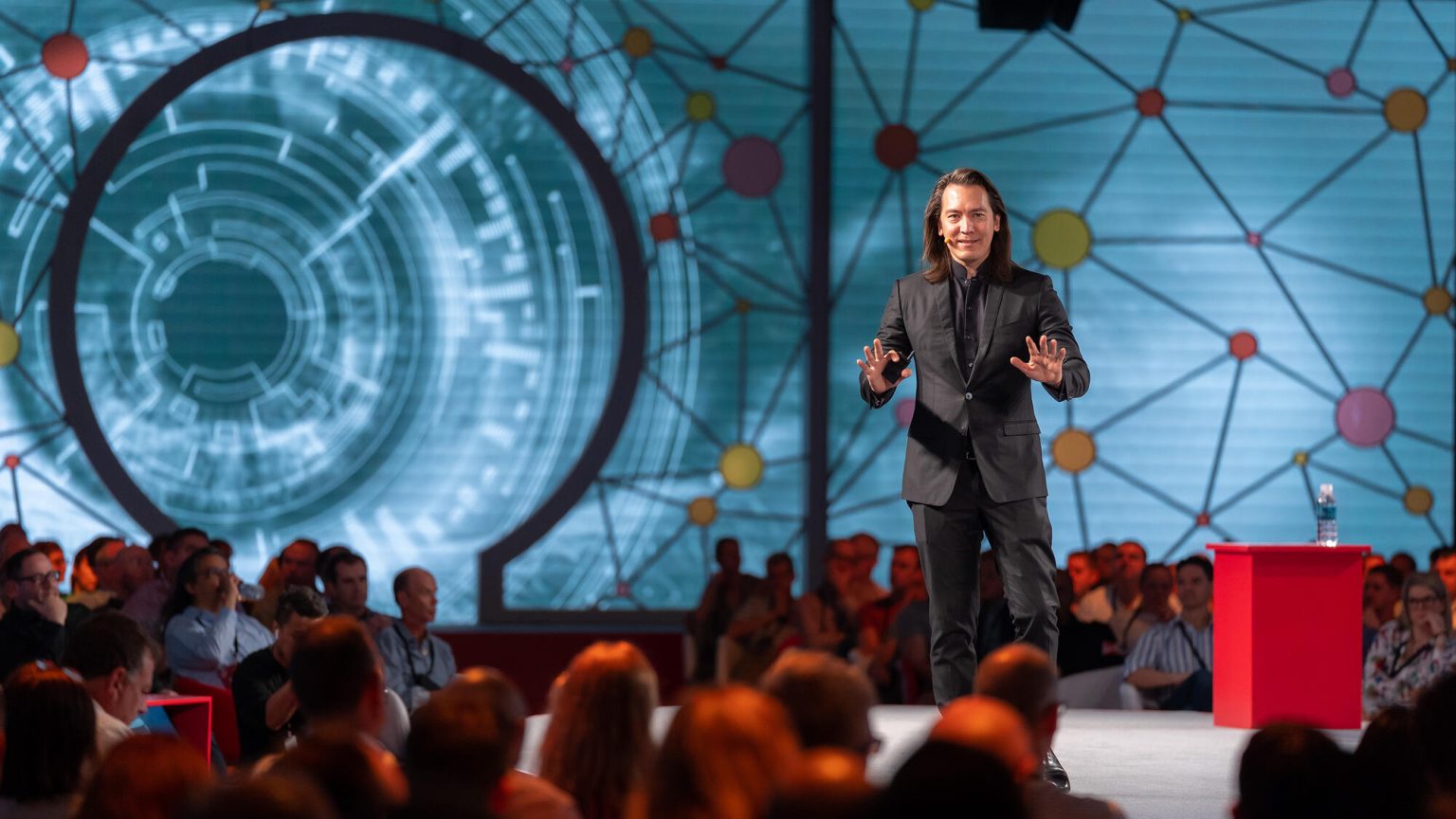
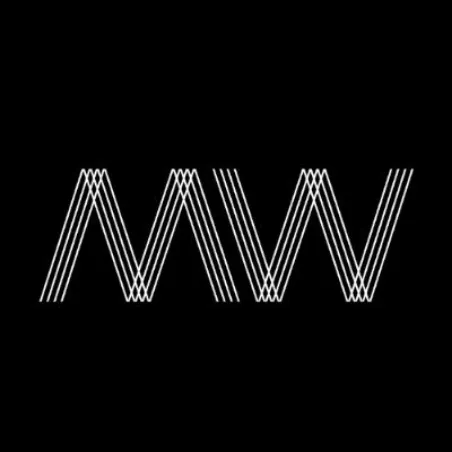
No results available
Reset© All rights reserved, 2023. Created by Hesketh Media LLC.